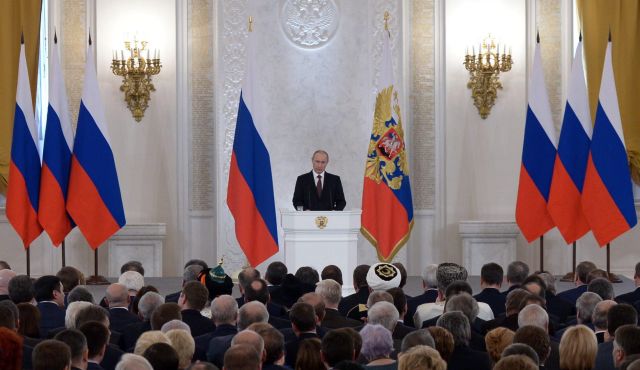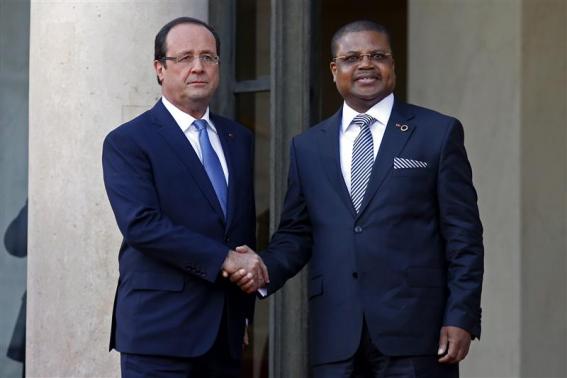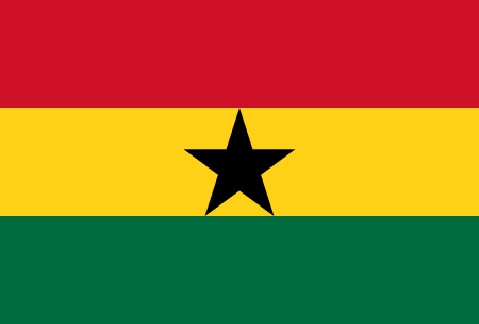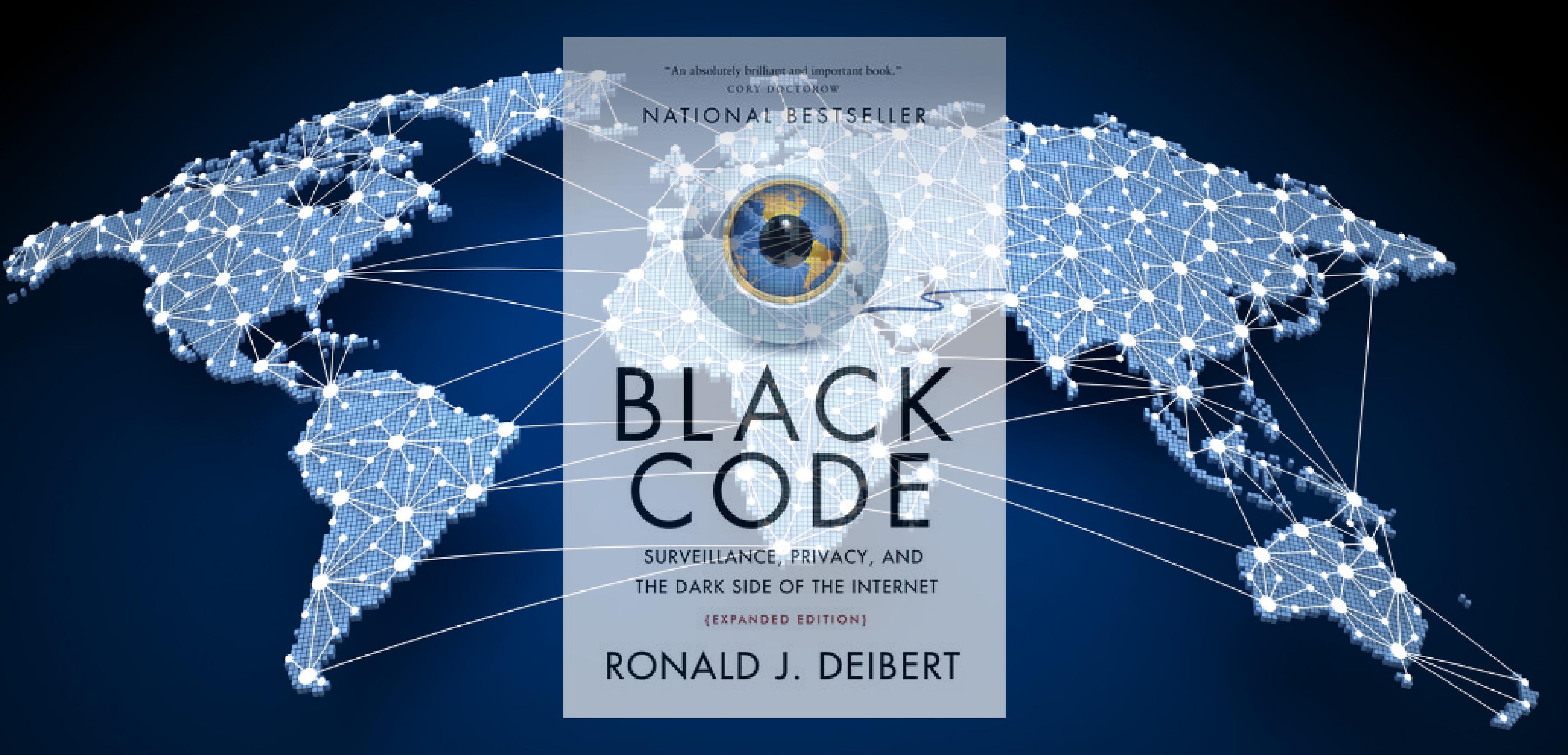It is often said that history is written by the winners. If this is indeed true, then Ukrainians could reasonably be called the ultimate losers. For centuries the Ukrainian nation has had its history and culture whitewashed and denied by various foreign rulers, but few have done such a thorough job as the Russians, who have been consistently denying the existence of a Ukrainian nation for at least the past two hundred years.
Kremlin efforts to portray Ukrainians as merely a subgroup of the larger Russian nation have proved so successful that many in the international community have bought into the myth that today’s Ukraine is somehow an artificial or fabricated nation with no historical identity of its own. As a result, Russia’s annexation of Crimea and invasion of east Ukraine have not provoked the kind of global uproar that similar breaches of the international order might have warranted if carried out against a more well-established and familiar sovereign state.

According to the Kremlin version of Ukrainian history, Novorossiya consists of lands which were colonized by Russians in the eighteenth and nineteenth centuries. The cities of Novorossiya are said to have all been founded by Russians and populated by Russians before being arbitrarily handed over to Ukraine. In the context of this narrative, Russia’s invasion of east Ukraine becomes an entirely understandable attempt to correct a grave historic injustice.
Realities on the ground lend a degree of credibility to the Kremlin narrative: most strikingly, the big cities in the regions claimed by Putin are indeed majority Russian-speaking – a fact often picked up on by first-time visitors to eastern and southern Ukraine. However, on closer inspection the Kremlin’s claims to historical ownership of the region begin to look increasingly fragile. While there is no question that the territories claimed as Novorossiya were once part of the Russian empire, this is true for much of the rest of today’s Ukraine – not to mention Belarus, the Baltic States and Poland. Nor is being Russian-speaking a reliable indicator of ethnic origin. Russian was the language of empire for both the Tsarist regime and the Soviet imperium which followed. Anyone living in a large city in those days was likely to be Russian-speaking, but this tells us little about their background, or their own self-identification.
In reality, the regions claimed as Novorossiya have been imperial borderlands and melting pots for centuries, attracting a wide range of settlers including Greeks, Germans, Bulgarians, Jews, Armenians and countless other communities including ethnic Russians. As if to underline this fact, it is worth noting that the city of Donetsk, which currently serves as the de facto capital of the insurgent ‘republics’ in east Ukraine, was actually founded by a Welshman – the industrialist John Hughes. This cosmopolitan population of minorities blended in with what was by all accounts a settled frontier population of Ukrainian Cossacks who had been gradually expanding into the region for many decades prior to the Tsarist advance.
The first available records of the region’s population are provided by the 1897 Tsarist census, which reveals that the clear majority of the population in Putin’s Novorossiya actually spoke Ukrainian as their native language. The number of Ukrainian speakers in 1897 was calculated at 66% of the entire region – more than 3 times the number of Russian-language speaking residents at that time. Over the subsequent century, these figures have changed significantly as successive waves of Tsarist and Soviet immigrants have flooded to the industrial hubs of south and east Ukraine, creating the Russian-speaking urban majorities of today. Nevertheless, beyond the city limits throughout the regions claimed by Putin, the Ukrainian language continues to dominate.
The disparity between Russian claims and historical reality is one of the key reasons why the Kremlin’s attempts to spark popular uprisings in eastern Ukraine have proved so relatively fruitless. While Putin’s spring 2014 Novorossiya speech envisaged territorial gains encompassing an area comparable to Poland, the regions which currently lie under insurgent control are closer in size to Kosovo or Montenegro. Even this modest return has only proved possible following the introduction of Russian Special Forces commanders, Russian ‘volunteer’ fighters and regular Russian army forces. It also depended on the almost complete inaction of local security service personnel in the two affected administrative regions – Luhansk and Donetsk Oblasts – both of which were bastions of support for the ousted Yanukovych regime. Without the tacit support of these Yanukovych loyalists, it is doubtful that Russian uprisings would have been able to gain ground even in these two regions.
Elsewhere in Novorossiya, Russian agitators and activists have found that there is very limited local support for separatism. Attempts to spark uprisings in major Russian-speaking Ukrainian cities such as Odesa, Kharkiv, Dnipropetrovs’k and Kherson have not only fallen flat – they have actually served to consolidate support for the Ukrainian state. This counter-productive outcome has undermined sympathies for Russia and caused serious damage to what were once close cross-border ties. Previous generations of Russian-speaking Ukrainians who were raised in the Soviet era tended to view Russia as an almost indistinguishable sibling nation, but young Ukrainians are now getting used to viewing Russia as an implacable enemy which does not even recognize the existence of the Ukrainian nation. The long-term implications of this change in attitudes have not yet fully dawned on the Kremlin, but there is no escaping the fact that the Russian invasion has radically altered perceptions of Russia among modern Ukrainians, while also reinforcing a sense of Ukrainian identity. Novorossiya has failed to materialize, but the Kremlin’s bloody efforts to engineer this phantom nation have helped Ukraine to finally come of age.




